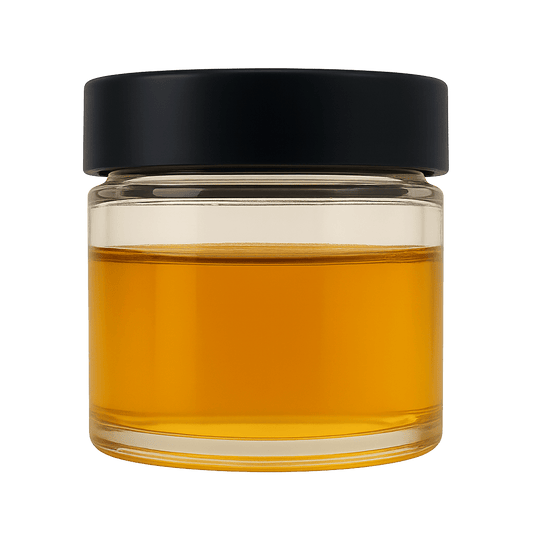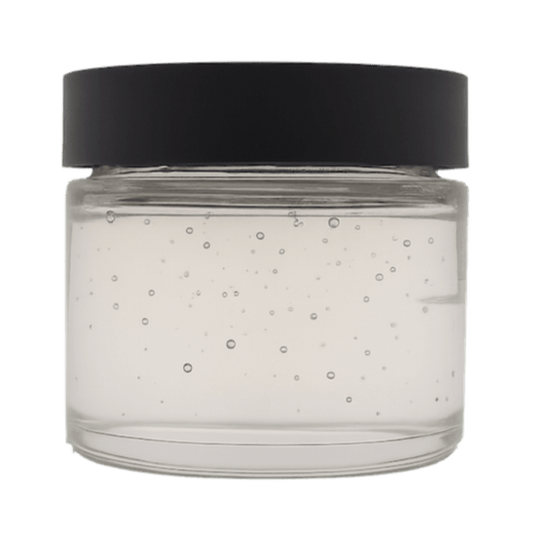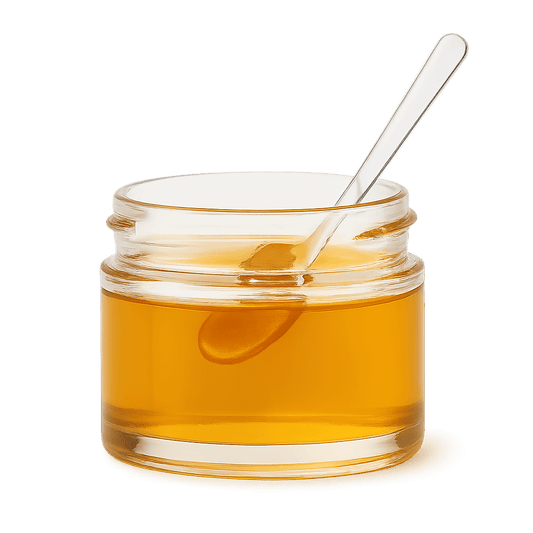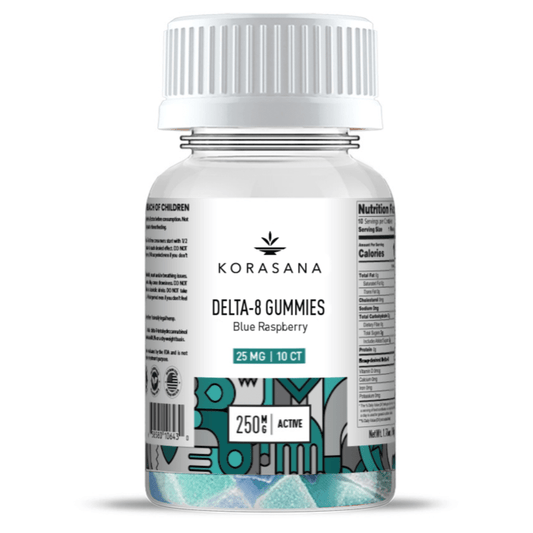Is Delta 8 THC Legal in Arizona?
NO - Delta 8 THC is Not Legal in Arizona
Delta 8 THC is classified as a controlled substance in Arizona and is illegal to possess, produce, sell, or buy. This status comes in contrast to the state's laws on marijuana (Delta 9 THC), which is legal for both medicinal and recreational use. Arizona law specifically includes all tetrahydrocannabinol (THC) isomers derived from the cannabis plant under its list of controlled substances, effectively making Delta 8 THC illegal within the state.
The legal landscape surrounding cannabis and its derivatives, including Delta 8 THC, is complex and can vary significantly from one state to another. In Arizona, despite the legalization of marijuana following the passage of Proposition 207, which allows for the recreational use of marijuana, Delta 8 THC remains illegal. This differentiation highlights the nuanced approach states are taking towards regulating different cannabinoids derived from cannabis plants.
Legal Status of Delta 8 THC in Arizona
-
Arizona Revised Statutes (ARS): Arizona law, through its Revised Statutes, particularly under Titles 3 (Agriculture) and 36 (Public Health and Safety), provides the legal framework for the control of substances, including Delta 8 THC. Title 36 defines cannabis and includes any compound, manufacture, salt, derivative, mixture, or preparation of the plant or its seeds or resin. This includes tetrahydrocannabinol (THC) and its isomers, which by implication includes Delta 8 THC.
-
Controlled Substances Act: The ARS places certain THC isomers under Schedule I, indicating these substances are considered to have a high potential for abuse, no currently accepted medical use in treatment in the United States, and a lack of accepted safety for use under medical supervision. The inclusion of THC and its isomers in this schedule under state law makes Delta 8 THC illegal in Arizona.
-
2018 Farm Bill: At the federal level, the 2018 Farm Bill legalizes hemp and hemp-derived compounds, extracts, and derivatives with a delta-9 THC concentration of not more than 0.3 percent on a dry weight basis. However, the legality of Delta 8 THC is left to state discretion, and Arizona has chosen to regulate it differently from the federal stance on hemp-derived products.
-
Proposition 207: Known as the Smart and Safe Arizona Act, passed in November 2020, this proposition legalized the recreational use of marijuana (Delta 9 THC) for adults in Arizona. However, it did not change the legal status of Delta 8 THC, which remains illegal under state law.
TITLE 3 AGRICULTURE. CH. 2, ART. 4.1 INDUSTRIAL HEMP
R3-4-1001. Definitions
In addition to the definitions provided in A.R.S. §§ 3-201, 3-311, and A.A.C. R3-4-101, the following terms apply to this article.
“0.300%” shall have the same meaning as three-tenths percent.
“Certified laboratory” means the State Agriculture Laboratory or any laboratory certified by the State Agriculture Laboratory to perform compliance analysis of industrial hemp.
“Hemp” has the same meaning as industrial hemp.
“Responsible party” means an individual that has signing authority of a partnership, limited liability company, association, company or corporation.
“THC” means Tetrahydrocannabinol
“Total Delta-9 THC concentration” means the total calculable amount of the chemical compound, Delta-9 THC.
TITLE 3 AGRICULTURE. CH. 2, ART. 4.1 INDUSTRIAL HEMP
3-311. Definitions
In this article, unless the context otherwise requires:
2. “Crop” means any industrial hemp that is grown under a single industrial hemp license issued by the department.
5. “Hemp products” means all products made from industrial hemp, including cloth, cordage, fiber, fuel, grain, paint, paper, construction materials, plastics and by-products derived from sterile hemp seed or hemp seed oil. Hemp products excludes any product made to be ingested except food made from sterile hemp seed or hemp seed oil.
6. “Hemp seed” means any viable cannabis sativa L. seed that produces an industrial hemp plant that is subject to this article and rules and orders adopted by the director pursuant to this article.
7. “Industrial hemp” means the plant cannabis sativa L. and any part of such a plant, whether growing or not, with a delta-9 tetrahydrocannabinol concentration of not more than three-tenths percent on a dry weight basis.
8. “Industrial hemp site” means the location in which a grower, harvester, transporter or processor possesses a crop, a harvested crop or hemp seed.
A. In this chapter, unless the context otherwise requires:
2. “Cannabis” means the following substances under whatever names they may be designated:
(a) Marijuana.
(b) All parts of any plant of the genus cannabis, whether growing or not, its seeds, the resin extracted from any part of such plant, and every compound, manufacture, salt, derivative, mixture or preparation of such plant, its seeds or resin, but shall not include the mature stalks of such plant, fiber produced from such stalks, oil or cake made from the seeds of such plant, any other compound, manufacture, salt, derivative, mixture or preparation of such mature stalks (except the resin extracted therefrom), fiber, oil, or cake or the sterilized seed of such plant which is incapable of germination.
(c) Every compound, manufacture, salt, derivative, mixture or preparation of such resin, tetrahydrocannabinol (T.H.C.), or of such plants from which the resin has not been extracted.
36-2512. Substances in schedule I
A. The following controlled substances, unless specifically excepted, are included in schedule I:
3. Any material, compound, mixture or preparation that contains any quantity of the following hallucinogenic substances and their salts, isomers and salts of isomers, unless specifically excepted or unless listed in another schedule, whenever the existence of these salts, isomers and salts of isomers is possible within the specific chemical designation (for the purposes of this paragraph, “isomer” includes the optical, position and geometric isomers):
(w) Cannabis, except the synthetic isomer of delta-9-tetrahydrocannabinol.
These sources highlight the legal distinction between different cannabinoids under Arizona law. While marijuana (Delta 9 THC) has been legalized for medicinal and recreational purposes, Delta 8 THC, despite being a naturally occurring cannabinoid found in hemp and cannabis, is classified as a controlled substance and remains illegal. This underscores the importance of understanding state-specific regulations regarding cannabis and its derivatives, as they can vary significantly from federal guidelines and between states.
For the most current and comprehensive legal advice, it's recommended to consult legal professionals or the official state legislature websites due to the rapidly changing nature of cannabis laws.
The information provided on this website does not, and is not intended to, constitute legal advice or any statements regarding the status of any laws. The information, content, and materials present on this site are for general informational purposes only and should not be relied upon for any specific purpose. Laws vary across different states and are subject to change. Therefore, information on this website might not reflect the most recent legal or other developments. Read our full legal disclaimer HERE.






